- July 26, 2024
-
-
Loading

Loading
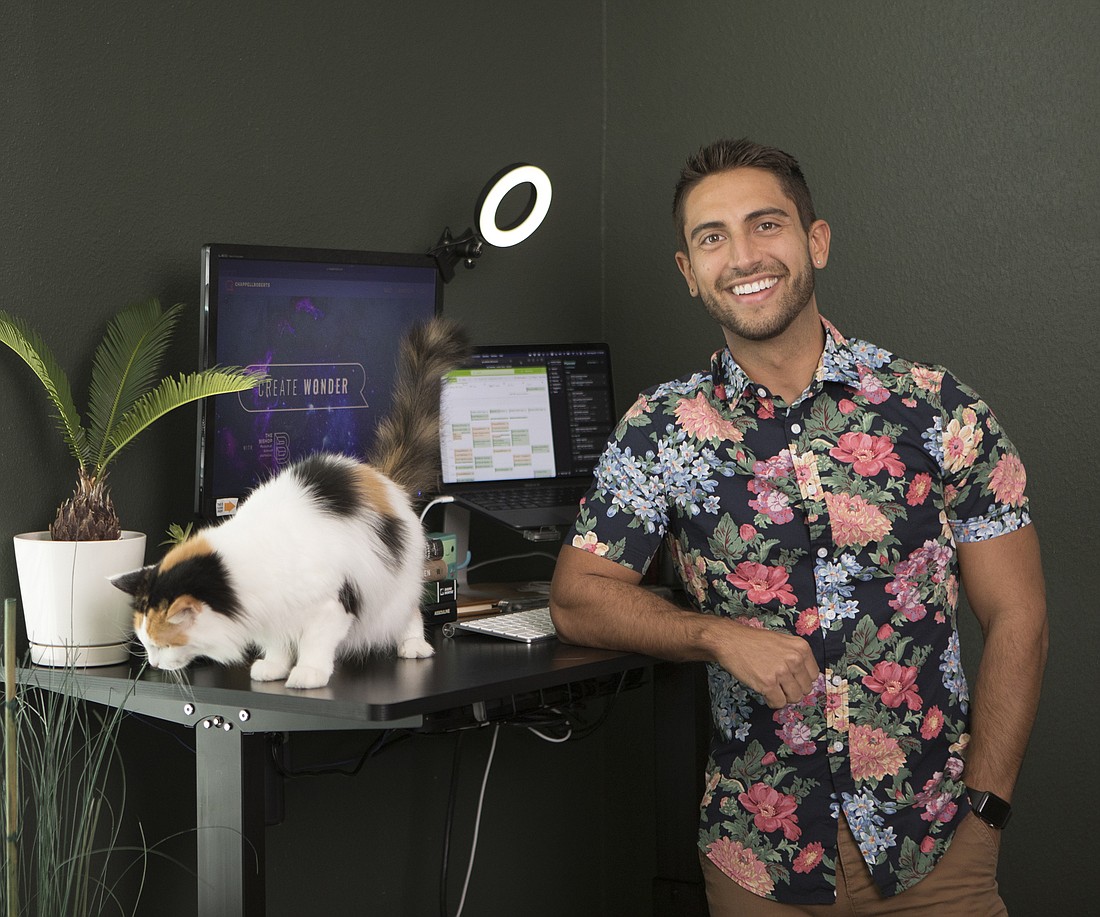
Hardware store entrepreneur Michael Wynn wins the day when it comes to finding one way to beat back the pandemic: shower hundreds of front line employees with lots thank you bonuses, customer service bonuses, meals, gift cards and other random tokens of appreciation — in total more than $1.3 million worth of goodies in the pandemic. “We really wanted to acknowledge the effort people are putting forward,” says Wynn, president of Naples-based Sunshine Ace Hardware.
“A lot of places say they treat you like family,” adds Wynn, “but we really walk the walk here. I’m not saying we’re perfect — we just work hard every day at it.”
Wynn, a Business Observer Top Entrepreneur in 2020, started working at his family’s Ace hardware business when he six years old. Now 49, he oversees a network of nine hardware stores in Collier, Lee, Charlotte and Pinellas counties stores and some 430 employees. Sunshine Ace also operates two Crowder Bros. Ace Hardware stores and two Crowder’s Gifts & Gadgets shops in Manatee County. And Sunshine Ace plans to open another hardware store, in North Naples, next year. The bonuses were paid out to the company’s 390 or so frontline employees, people who Wynn says are the lifeblood of any retailer.
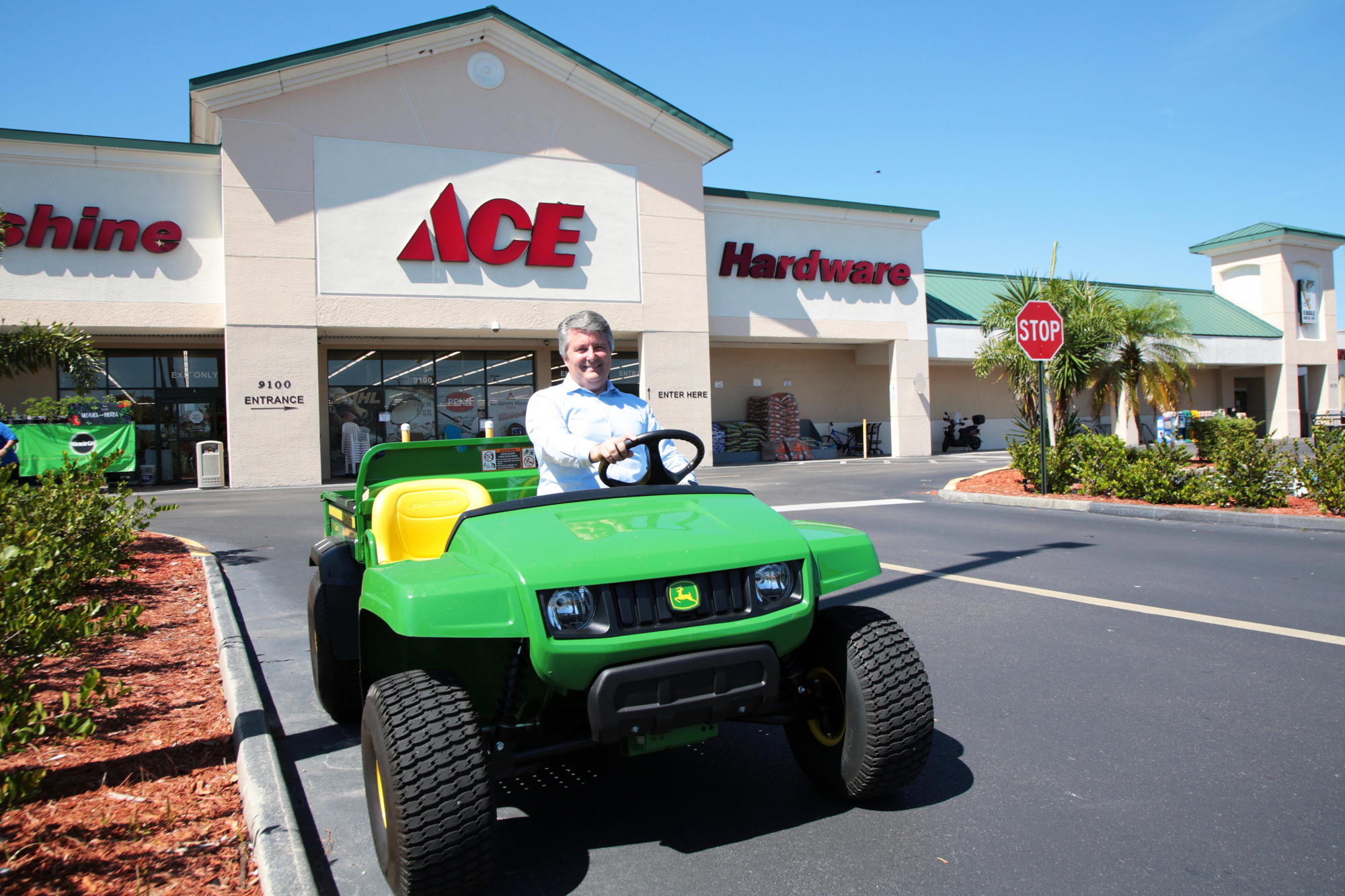
Like many other business owners, business leaders and executives across the region, Wynn has also spent the past 18 months in a business version of Whac-a-Mole. He’s constantly dropping the hammer on the myriad pandemic issues constantly popping up.
Among the questions Wynn and scores of business leaders are addressing: When is the right time to push people to come back to the office full-scale? And when more people start coming back to the office, how do you reduce COVID-19 anxiety among employees? Loosely connected, how do you maintain a strong work culture amid the all university and hybrid workspaces? Also, what changes can be made to the office or workspace that addresses those issues without denting margins much further? On the prevention side, should companies institute mandatory vaccination policies and what are the legal ramifications? What about mask-wearing policies?
In interviews with more than a dozen business owners executives, attorneys and public health professionals two key principles in the how-to adjust to the pandemic conundrum have emerged: be flexible to quick-moving changes and have lots of backup plans.
As business scramble to regain a sense of normalcy, there’s no single blueprint in how to reopen.
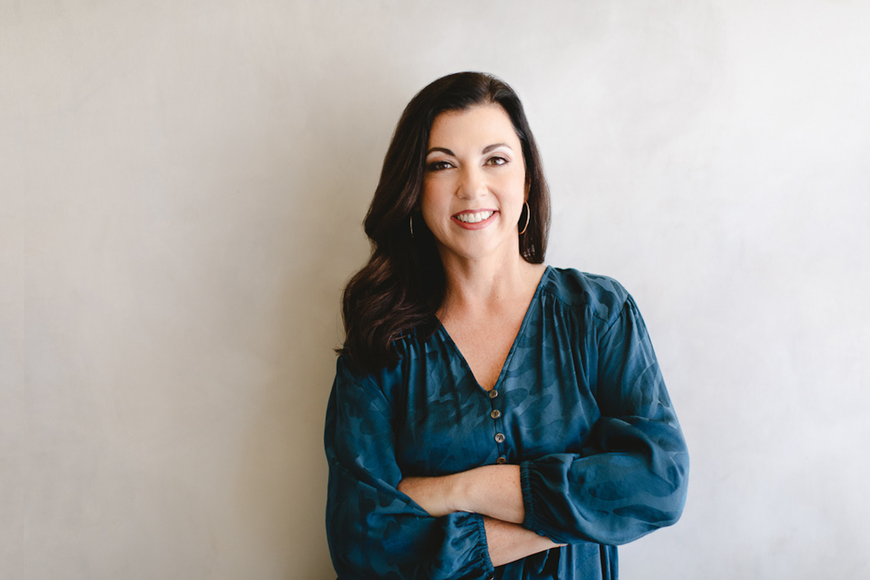
For some companies, the changes made at the beginning or the height of the pandemic are working and there is a sense of why make a change when you may not have to. For others, having everyone together is important.
This decision, of course, has been complicated by the delta variant and the ensuing uncertainty.
Tampa ad agency ChappellRoberts, with $18.8 million in revenue in 2020, is one area company that recently made its decision: its permanently shifting to a remote model.
Christine Turner, president of the agency, says the decision was made so its 41 employees could have more balance and flexibility in their lives.
Like all companies, when COVID-19 first hit and the country began to shut down, agency employees began to work from home. While there was a natural learning curve, especially for those accustomed to office life, the transition proved successful.
It was during that time employees — including senior managers — began to appreciate having more time with their families and themselves. As importantly, clients never saw a change in the quality of work, Turner says. And when they did, it was improvement.
Turner adds that having a better work life balance, and not being tied to commutes and other distractions, also improves creativity. “We’re giving employees back an hour-and-a-half, two hours, of their day where they can read and research and use for themselves,” she says.
The office is not completely going away, though. Employees will continue to come in for some meetings and will also go to commercial shoots and attend client meetings. And, Turner says, there will be happy hours, lunches and online coffee chats to make sure the company culture remains strong.
As for the company’s longtime home in Ybor City, traditional desks and chairs were replaced in late August with workstations so employees can work collaboratively when they do come in.”
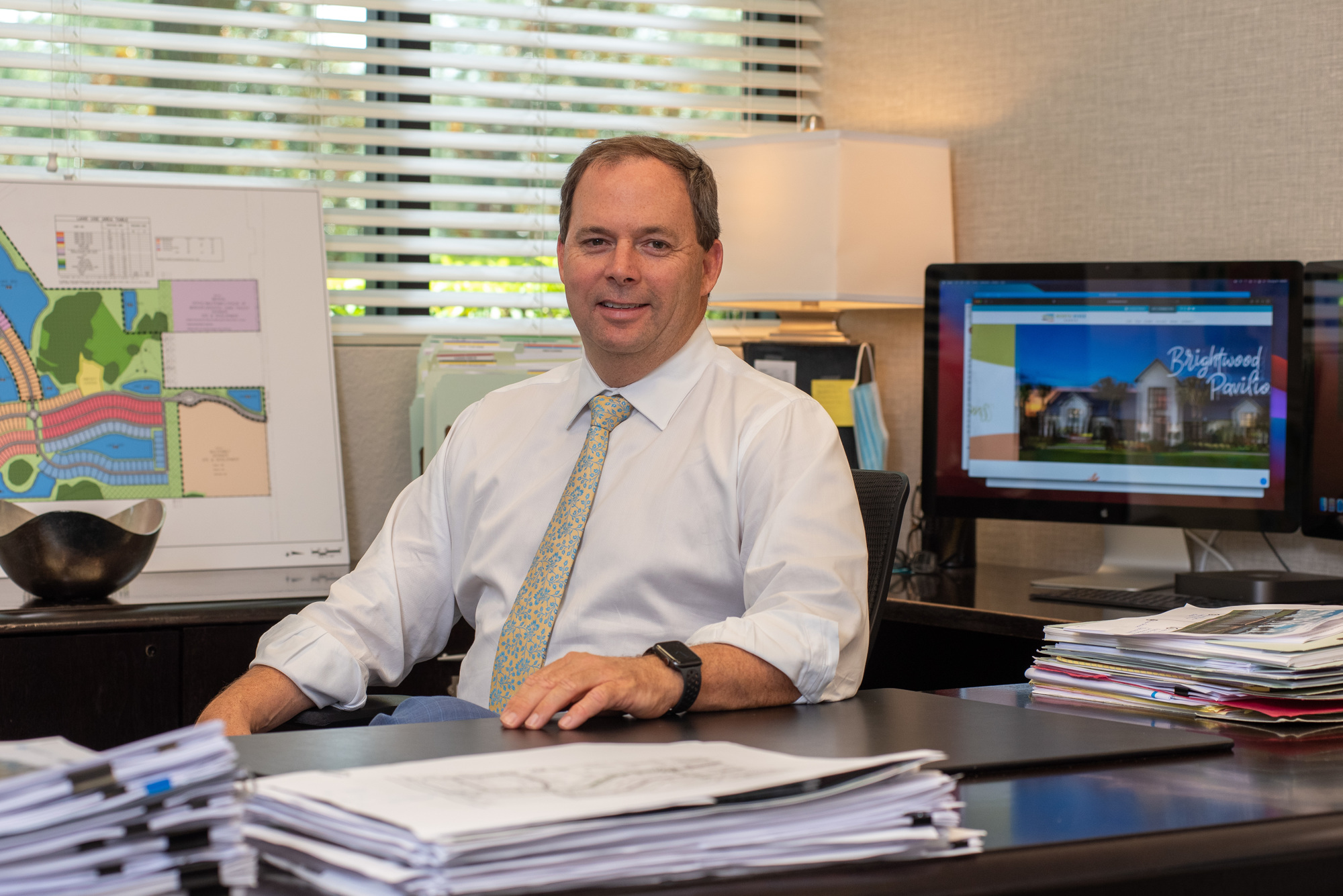
The ChappellRoberts example fits snugly into what Jerry Gates, senior director of emerging Technologies at Tampa-based professional staffing agency Kforce, says will be the future of office space. In a recent report on employees and the labor force, Gates says open office spaces equipped with meeting booths instead of individual cubicles will become the norm in many offices. So to will installation of large screens and surface hubs in conference areas — any tools that enable real-time collaboration between remote and onsite employees.
“When thinking about what the office of the future will look like, many companies are prioritizing designs that ensure virtual and in-office employees are on the same playing field when it comes to technology,” Gates says in the report.
The phrase “the new normal" has been tossed around a lot over the past year. One executive who isn’t using that phrase is John Neal, president of Lakewood Ranch-based Neal Land and Neighborhoods.
As a land developer, there are some jobs that simply can’t be accomplished behind a computer at home. As for the office jobs at Neal Land and Neighborhoods, there has been a bit of flexibility.
“We are aware of the need to provide space and flexibility for members who need to work remotely,” says Neal. The office never shut down fully. But the individuals who felt the need to work remotely were granted that opportunity as the company’s server can be accessed remotely if needed. By allowing remote work, Neal says the company met a specific need and that the employees were able to rise to that challenge of getting the work done.
Now, most everyone is back in the office.
“Our office is like a family,” says Neal. “We sometimes spend as much time at the office as we do at home so we take independent measures so everyone in the office can be comfortable when they come into work.”
'We’re back to normal, but not the new normal. The old normal with new rules.” John Neal, Neal Land & Neighborhoods.
The company chose not to mandate the vaccine, but it seems it would have been unnecessary anyway because Neal says the office is fully vaccinated. Neal hasn’t required proof of vaccinations, but says employees have openly shared that information with Neal himself or with other team members.
In additional efforts to keep the team members safe, the company has increased cleaning and ensured that team meetings take place in conference rooms of appropriate size to allow members some distance from each other.
As for wearing masks, Neal leaves it up to his team. “Our team members are cognizant of when to wear masks or not wear masks,” he says, noting that they do recognize breakthrough cases are possible for those who are fully vaccinated.
While it’s not different from before COVID-19, the office is spaced so team members have their own space to themselves. But one thing that is different is the lack of sick people in the office. “Before, if someone were sick, but not too sick, they probably would have come into work,” Neal says, echoing what happens in many other offices and workspaces. “Under the current trends, that’s not acceptable anymore.”
The idea of being flexible to rapid-fire changes is on full display at Plant City’s Wish Farm. The prominent grower instituted a hybrid plan for its office staff early on in the pandemic — with the idea that it was only temporary. The company has about 50 people working in its corporate headquarters building and about 100 in a separate warehouse. It employs about 5,000 people worldwide.
Early on the company, which had just opened a new headquarters building off Interstate 4, decided it wanted employees back in June. In those first days, the offices were quiet with a handful of people working in largely empty areas.
Nick Wishnatzki, public relations manager for the family-run berry farm, says the plan called for about 50% of headquarters employees to work in the building on a rotating schedule, with the rest scheduled to return in a couple of months.
The office became fully staffed in early June, a time that now, in the face of a resurgent virus, seems quaint. At the time, the vaccine was available and case numbers were dropping. Wishnatzki says a large majority of the employees were vaccinated so the company made masks optional.
But in August, as the delta variant began to spread, the company decided to make masks mandatory for those who weren’t vaccinated and the company began “strongly encouraging our employees to get vaccinated and stay home and get tested if they are sick,” Wishantzki says.
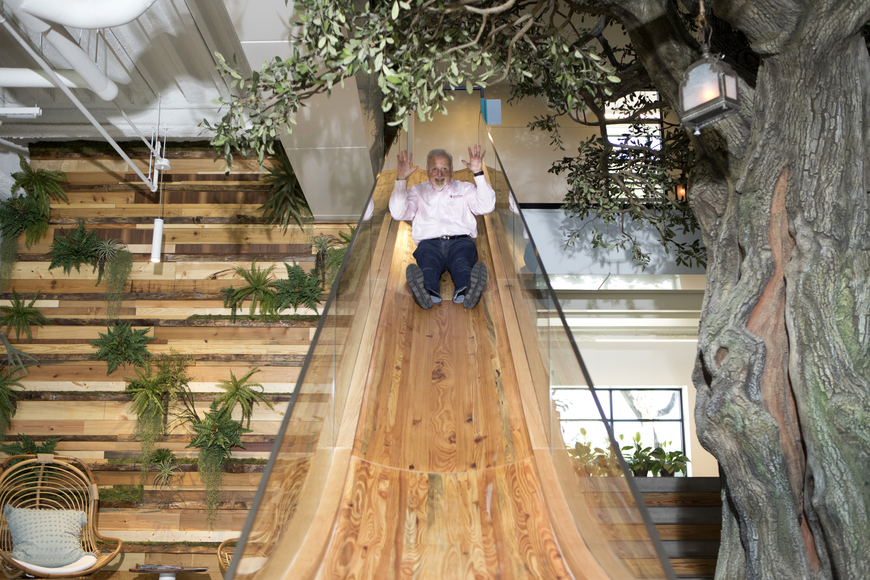
He says the situation now is fluid and “requires diligent monitoring of guideline and individual health.”
Fortunately, he says, employees have been understanding and compliant as rules and guidelines have changed. “Any policy we put in place will always have employee health and safety in mind,” Wishnatzki says.
Venice-based drinkware manufacturer Tervis went to remote work soon after the pandemic hit. Almost a year and a half later, it’s keeping it that way.
Remote work was new to the company in 2020, but the employees adapted well to it and reported enjoying the time they got back from commuting. Additionally, the move to remote work created more space for the operations side of the business.
“We expanded the operations footprint into part of the office that is currently not being used,” says Tervis President and CEO Rogan Donnelly. The minor renovation provided the operations a bit more breathing room, as the company stays inline with CDC guidelines.
While the company isn’t enforcing a vaccine policy, Tervis did host a vaccination clinic in June and July to make the vaccine accessible. “We want to make sure everyone feels as safe as possible,” says Donnelly.
As far as easing employees’ anxiety goes, Tervis has a cultural committee that Donnelly explains is a cross-functional group made up of team members across multiple departments. “The cultural committee keeps track of how it’s going,” he says. “Many employees reported feeling a disconnect. They know what’s going on in their department, but don’t know what’s going on in other departments.”
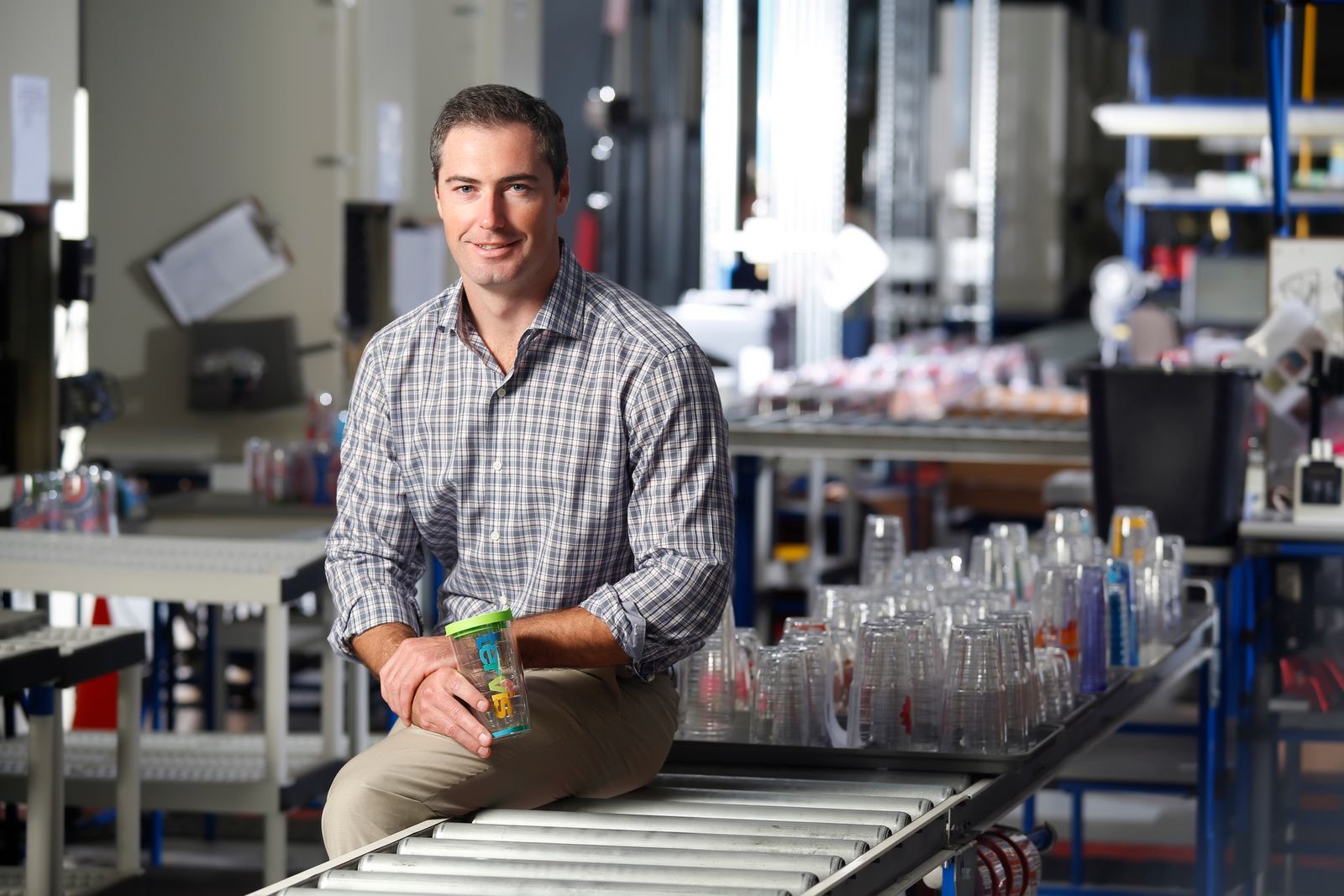
In response, Tervis upped the communication. Now, there’s a lot more company-wide emails and town hall meetings that provide anything from quarterly updates to project updates. “We want to make sure they're as informed as possible,” says Donnelly.
Even further down the remote work train is On Ideas, an advertising and marketing consultancy agency with locations in Sarasota and Jacksonville. The company’s CEO, West Herford, introduced a “work from wherever” policy right around the time Florida lifted the quarantine.
Even before the pandemic, the company supported a hybrid schedule. So Herford almost knew the company was heading in this direction.
In his email to employees announcing the policy, Herford referenced another marketing agency that had pressured employees to return to the office and was met with an uprising. “We’re going with a very different approach,” he wrote in the email.
The policy states that employees must be reachable and online from 9 a.m. to 5 p.m. each day. Herford, noting brainstorming simply can’t be replicated on Zoom or over the phone, has told employees they should expect to come in from time-to-time, but will receive 48 hours notice. Additionally, employees have to indicate on their calendar where they are working each day.
“We’re fortunate in that a lot of our staff had worked remotely or worked in multi-national teams before,” he says. “It came naturally.”
Herford notes that employees are much happier with this policy, as they’re able to manage their personal lives better than before. The concept of the policy is treating people like adults, he says.
The firm’s office spaces continually gets used, given there are six of 32 team members who come in every day, including Herford — who doesn’t trust himself from getting distracted working from home.
Herford believes this will be the company’s permanent policy going forward. The only impact he says will have on the company is how it thinks about office space.
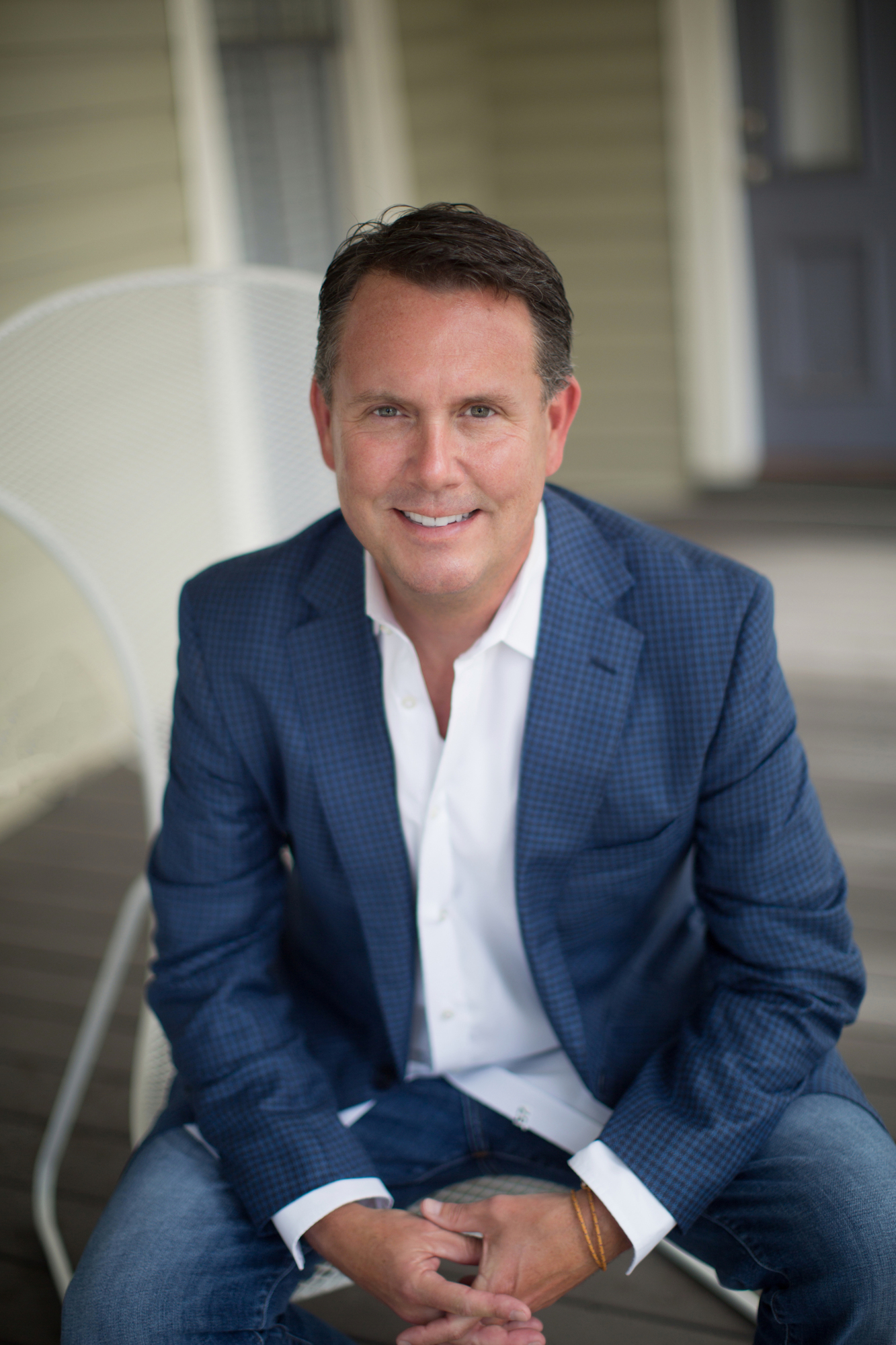
In addressing employees’ anxiety levels about if and when they do come back to the office, Herford says he’s made it abundantly clear that if someone in the company is struggling, they can always ask for help. “Don’t be afraid to ask for help,” he says. And that boils down to how Herford runs the business. “It’s people helping people,” he says.
Companies aren’t only trying to decide what model to adopt. Many are still deciding when to reopen.
Shawn Handrahan, CEO of Valet Living, had every intention of reopening the company’s Tampa headquarters in September. But he decided to put it off because of the resurgence of the virus and the delta strain.
He’s now pushed it back until at least October but it might even stretch to the first of the year when the firm, which offers concierge services to apartment buildings for property owners, reopens its office.
Handrahan had been living near Pensacola for more than a year, working from his well-appointed home office, and says he’s come to Tampa about four times since the pandemic began.
But workers in the field haven’t had that luxury. He says the company has done everything it can to make sure those employees are protected and that he would have “shut the business down” before putting someone at risk.
Aside from safety precautions, the company has also implemented efficiencies to streamline operations. But one interesting lesson came out of the pandemic and that’s led to a change in how the company operates.
Handrahan says he’s learned from that process that the workers in the offices around the country work better remotely rather than out of centralized offices.
“We’ve got parents that can stay home with the kids during the summer now, they don’t have to source day care, which is a cost for them, and they can work at their leisure,” he says. “And they are incredibly productive.”